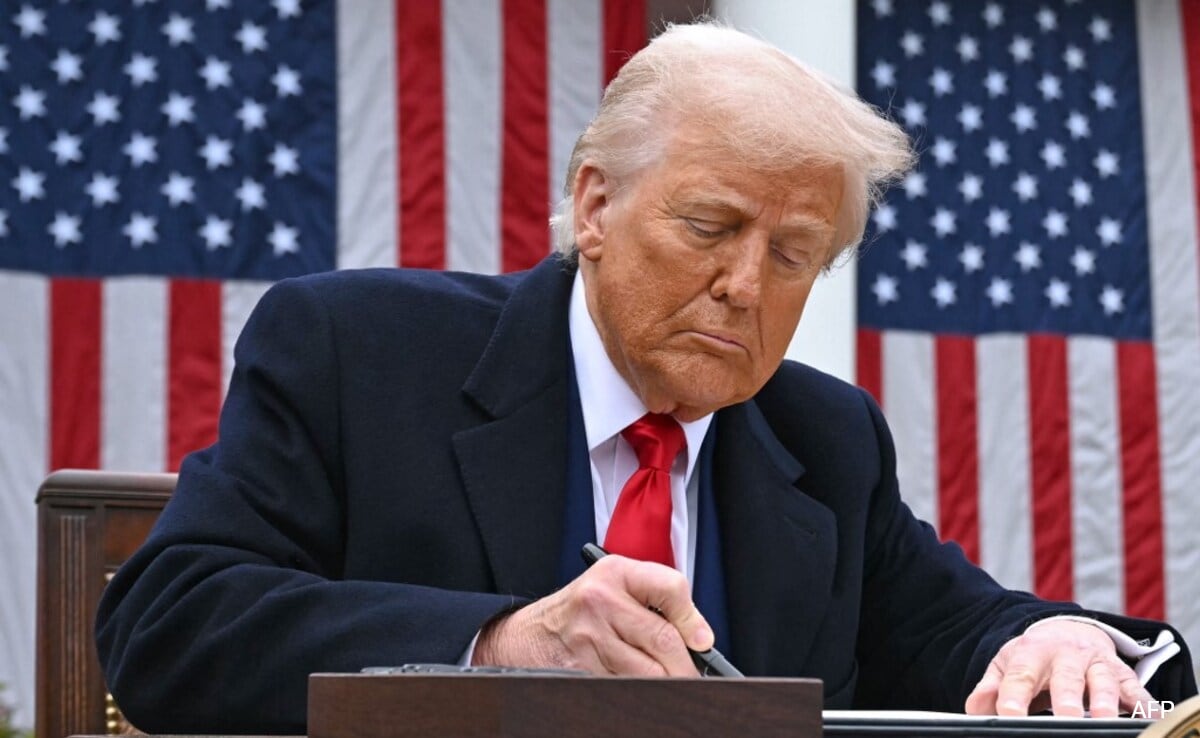The last encounter between the Kolkata Knight Riders (KKR) and Sunrisers Hyderabad (SRH) was in the IPL 2024 final. Fast forward to IPL 2025, and both teams find themselves struggling at the bottom of the points table, with SRH sitting in eighth place and KKR at tenth. The only team either franchise has managed to defeat so far are the Rajasthan Royals, who occupy ninth.
For KKR, the defending champions, their batting lineup has been notably inconsistent. Last season, their opening partnership thrived, averaging 43.9 runs with a strike rate of 207. Conversely, this season, they are averaging just 15.3 runs and have a strike rate of only 100.
Go Beyond The Boundary with our YouTube channel. SUBSCRIBE NOW!
Their middle-order, including retained players like Venkatesh Iyer, Rinku Singh, Andre Russell, and Ramandeep Singh, is averaging 17.22 with a strike rate of 117.3.
Additionally, they have shown a susceptibility to short balls, with nine out of their 12 dismissals to fast bowlers this season coming from deliveries pitched between 8 and 10 meters or shorter.
On the other hand, SRH have struggled in the powerplay, both with bat and ball. While Abhishek Sharma has produced some solid shots, he has only managed to score 31 runs in three innings. In matches against the Lucknow Super Giants and Delhi Capitals, their batters continued to play aggressively even as wickets fell, resulting in below-par totals.
Their fast bowling, which was anticipated to improve, has not made a significant impact in the opening overs. With a powerplay economy rate of 11.4, they have the worst record among all teams this year; even star bowlers like Pat Cummins, Mohammed Shami, and Harshal Patel have an underwhelming economy rate of 11.7. Only the Rajasthan Royals’ bowlers have fared worse at 11.8.
Pitch report for KKR vs SRH
Amid all the noise around the surface and the pitches for home teams, it all stemmed from Eden Gardens. Despite Ajinkya Rahane’s comments and the controversy since, Eden Gardens pitch is expected to favour spinners so Sunil Narine and Varun Chakravarthy could have an advantage. With minimal watering, it may slow down as the game progresses.
KKR vs SRH Dream11 Team Prediction
KKR predicted 11 vs SRH: Quinton de Kock (w), Sunil Narine, Ajinkya Rahane (c), Venkatesh Iyer, Angkrish Raghuvanshi, Rinku Singh, Andre Russell, Ramandeep Singh, Harshit Rana, Spencer Johnson, Varun Chakaravarthy.
KKR Impact Sub: Vaibhav Arora/Manish Pandey.
SRH predicted 11 vs KKR: Abhishek Sharma, Travis Head, Ishan Kishan, Nitish Reddy, Heinrich Klaasen (wk), Aniket Verma, Abhinav Manohar, Pat Cummins, Harshal Patel, Mohammed Shami, Zeeshan Ansari.
SRH Impact Sub: Wiaan Mulder/Adam Zampa
KKR vs SRH squads, IPL match Today
Kolkata Knight Riders squad: Quinton de Kock(w), Sunil Narine, Ajinkya Rahane(c), Venkatesh Iyer, Rinku Singh, Angkrish Raghuvanshi, Andre Russell, Ramandeep Singh, Spencer Johnson, Harshit Rana, Varun Chakaravarthy, Anrich Nortje, Manish Pandey, Vaibhav Arora, Anukul Roy, Luvnith Sisodia, Chetan Sakariya, Rahmanullah Gurbaz, Mayank Markande, Rovman Powell, Moeen Ali.
Sunrisers Hyderabad Squad: Yashasvi Jaiswal, Shubham Dubey, Nitish Rana, Riyan Parag(c), Dhruv Jurel(w), Shimron Hetmyer, Jofra Archer, Maheesh Theekshana, Tushar Deshpande, Sandeep Sharma, Fazalhaq Farooqi, Sanju Samson, Kunal Singh Rathore, Akash Madhwal, Kumar Kartikeya, Kwena Maphaka, Wanindu Hasaranga, Yudhvir Singh Charak, Ashok Sharma, Vaibhav Suryavanshi.
KKR vs SRH Head-to-Head Record
Matches played: 28
Kolkata Knight Riders won: 19
Sunrisers Hyderabad: 9
KKR have dominated SRH historically in the IPL. KKR have won more than twice the number of games SRH have in their meets, tallying 19 victories in 28 meetings, including by eight wickets last year in IPL 2024 final.
KKR vs SRH head-to-head at Eden Gardens
Matches played: 19
KKR won: 7
SRH won: 3
KKR vs SRH IPL 2025, Bengaluru weather prediction
As per Accuweather, Kolkata can expect temperatures of 30 degrees Celsius at the start of KKR vs SRH and it will drop to 27 degrees Celsius by the end of the contest. The humidity is predicted to range from 60% to 79%. There is very small chance of rain.
Get the latest IPL 2025 updates on Times of India, including match schedules, team squads, points table and IPL live score for CSK, MI, RCB, KKR, SRH, LSG, DC, GT, PBKS, and RR. Don’t miss the list of players in the race for IPL Orange Cap and IPL Purple cap.









